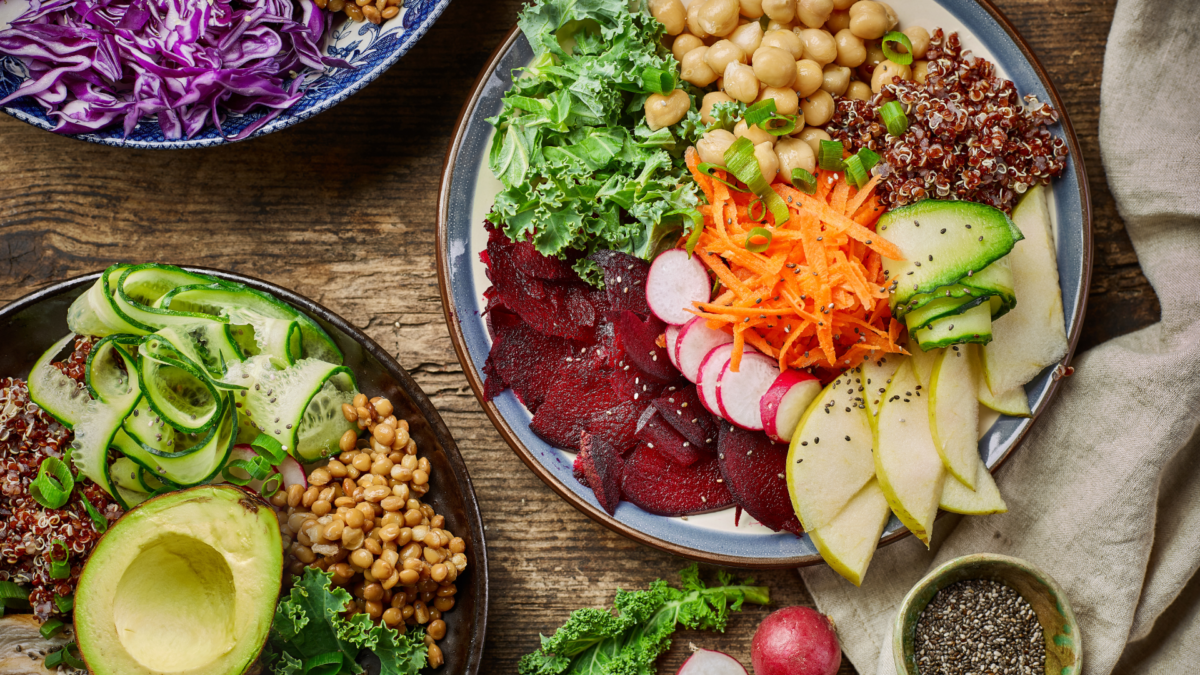How to Create a Sustainable Diet For Your Fitness Goals
You may wonder how to create a sustainable diet for your fitness goals. Most diet goals are largely based on losing fat, maintaining your body weight, or building muscle.
There is a lot of confusion on the topic, so we have condensed a general approach for different diet-related goals.
How to Create The Perfect Diet
When creating a sustainable diet for yourself, you should consider two factors: what kind of results you want and how fast you want them.
There are many kinds of diets to choose from, such as the ketogenic diet, intermittent fasting, one-meal-a-day (OMAD), and low-carbohydrates.
No diet is better than the other, despite whatever marketing gimmick people may use to sell their particular lifestyle.
The most fundamental concept to understand when creating a diet is Calories in versus Calories out.
The three macronutrients that provide Calories (energy) are protein, carbohydrates, and fats.
Protein and carbohydrates contain 4 Calories per gram, and fats have 9 Calories per gram.
Before choosing the ratio of macronutrients that best serves your goals, you must first determine your maintenance Calories.
Calculating Your Maintenance Calories
This means the number of Calories you need daily to maintain your body weight.
Some online calculators can give you a good estimate, so type in your details in an online basal metabolic rate (BMR) calculator, and you’ll find the number of Calories you need to maintain your body weight.
Let’s assume this number is 2500 Calories for you.
Now, if you want to determine the Calories for weight loss and you’re following a training program already, consume 200-500 Calories below this amount to initiate the fat-burning process.
If you reduce your Calories drastically for faster results, you can experience negative effects like lethargy, fatigue, and irritability.
To build muscle and minimize fat gain, you must consume 200-500 Calories above this amount because muscle building is a slow process.
If you increase your Calories above the acceptable range, you will gain more fat than muscle.
Final Thoughts
Experiment with the right ratio of macronutrients to find the one that’s best for you.
Choose healthier options like whole, nutrient-dense foods and avoid processed foods like cakes, cereals, and microwavable meals.
Incorporate cheat meals if you want, but strike a healthy balance for optimal results.





